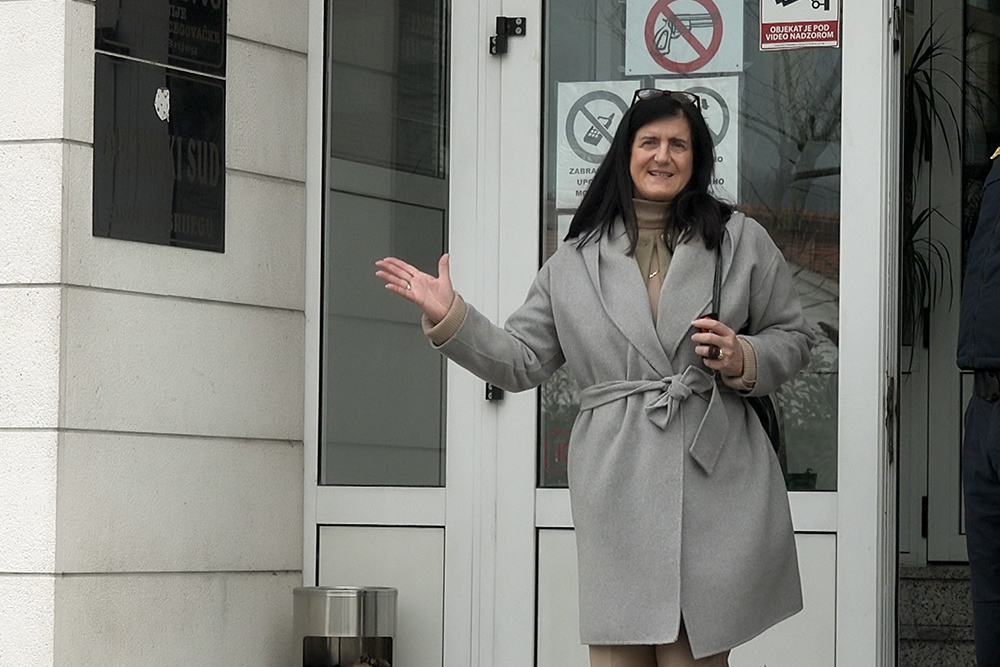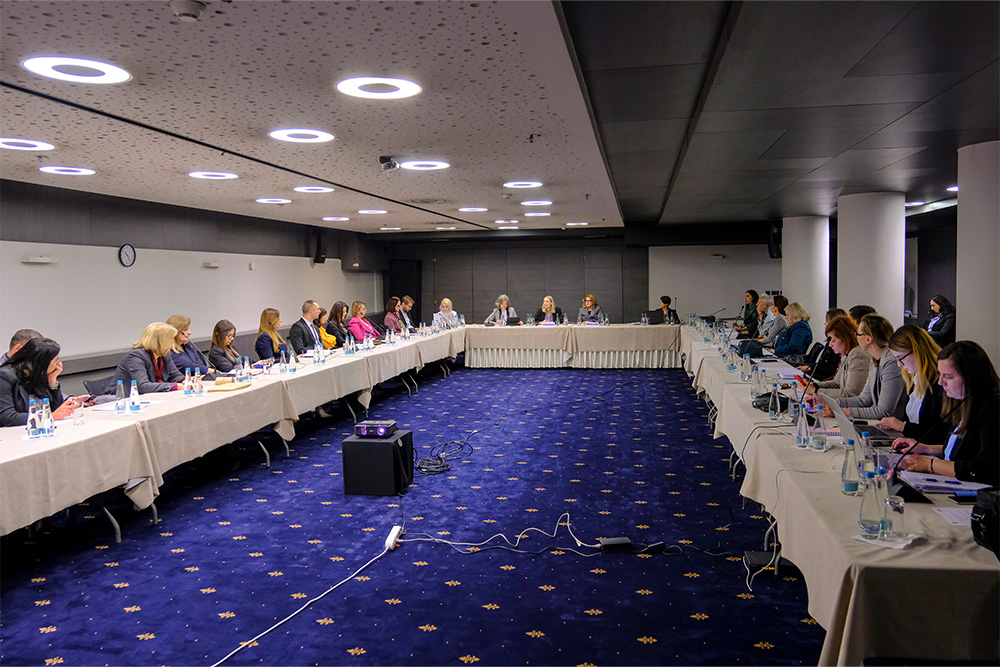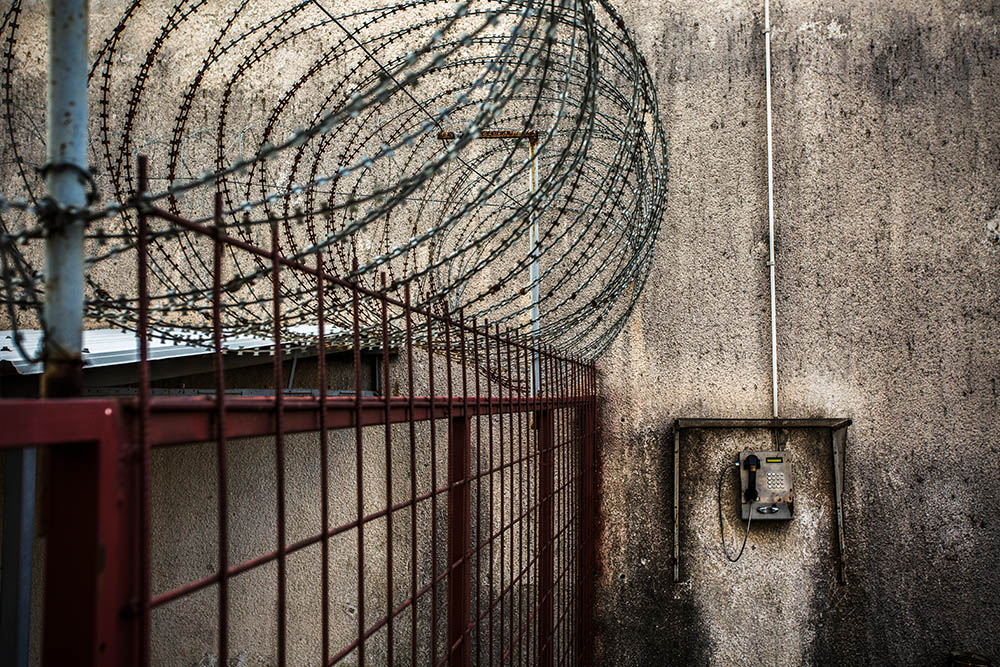“How to achieve a higher level of budget transparency?” was the title of the round table discussion held in Sarajevo, in which recommendations were offered for greater budget transparency of institutions and the involvement of civil society organizations from drafting a budget to reporting on budget spending.
Representatives of audit offices, institutions from different levels of government in BiH, tax administrations, international organizations, and civil society attending the panel discussion spoke about the importance of budget transparency of public institutions and shared recommendations for its improvement.
The participants agreed that in the preparation of the budget, the competent authorities must adhere to pre-determined timeframes, while clear rules for the budget execution and supervision as well as for budget reporting must be established. They emphasized that institutions must provide the public with sufficient access to information about how they dispose of public money and that all information about the budget should be presented on time. The round table participants also discussed the legal mechanisms to ensure public participation in making decisions governing budget systems in Bosnia and Herzegovina (BiH). They agreed that organized participation of the public in budget decision-making can help institutions to improve mechanisms for the prevention of its abuse and greater budget transparency.
Publications “Analysis of budgetary policies and processes from the aspect of budget transparency in BiH” and “Practice of hidden employment and non-transparent wages and benefits as modus operandi of administrative bodies in BiH” authored by Marko Martić and Ognjen Đukić from Center for Research and Studies (GEA) from Banja Luka were presented at the conference.
In the preparation of the above publications various legal and economic experts contributed. They analyzed budget transparency, civic management, and accountable budget management at the state, entity, cantonal and municipal levels of government, as well as the management of personal income and material expenses of employees in institutions.
Budget policy analysis includes all relevant information about the budget, the role of the public in the budget decision-making process, and the government’s attitude toward the management of public funds. The document can be used by both institutions and civil society organizations in advocating transparent budget spending.
According to Martić, budget transparency in BiH is at a very low level: “There is a strong need for civil and public sector cooperation in all stages of the budget process, especially in the planning and monitoring of budget execution.
Also, the document identifies the public procurement process as the most problematic from the perspective of budget transparency and accountable budget management.”
The second document presents the analysis which points to non-transparent and inadequate management of personal income and material costs of employees in institutions.
In his presentation, Đukić highlighted the practice of “hidden employment” which is widespread across Bosnia and Herzegovina. It includes contracts of a fictitious nature such as service/work contracts and temporary contracts that financial auditors in their reports cite as examples of violations of the law.
Salaries and benefits make up a large part of the budget spending. The share of salaries and benefits in the total budget public sector expenditure in 2020 was 22.6% in the Federation of Bosnia and Herzegovina and 35.3% in the Republika Srpska.
“Hiring based on service contracts and temporary contracts to the positions envisaged in the Systematization Plan, which is against the law, is a recurring practice present for years in many administrative bodies,” said Đukić.
The Sarajevo event was organized under the auspice of the Center for Investigative Reporting (CIN) and its partner organizations Futura from Mostar and Center for Research and Studies – GEA from Banja Luka as part of the project “Strengthening the capacity of civil society organizations for public budget monitoring” funded by the European Union, The Balkan Trust for Democracy and the German Marshall Fund. The project overall is to contribute to the fight against corruption by enhancing fiscal transparency through the active involvement of civil society.








